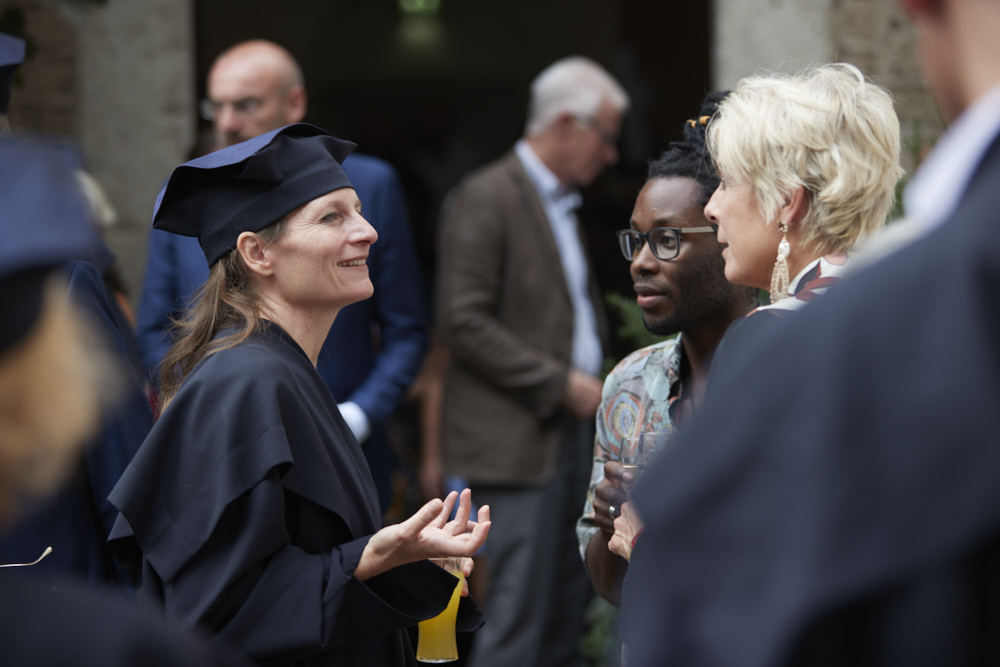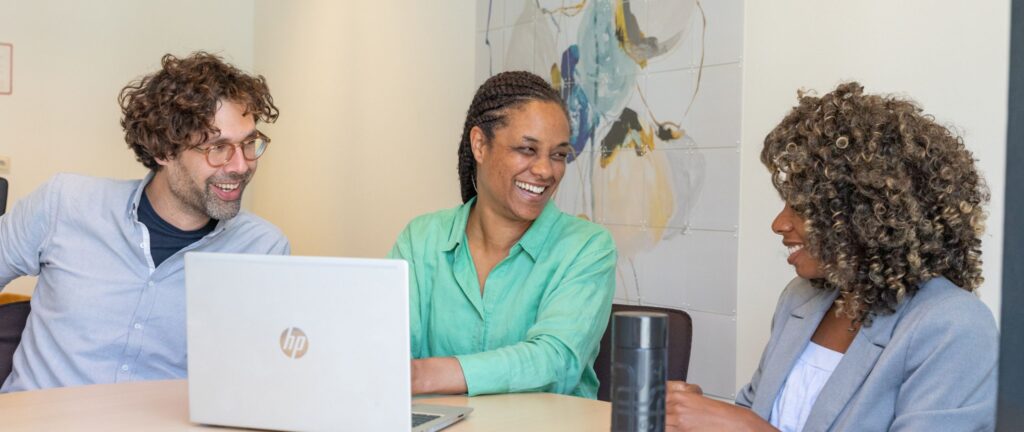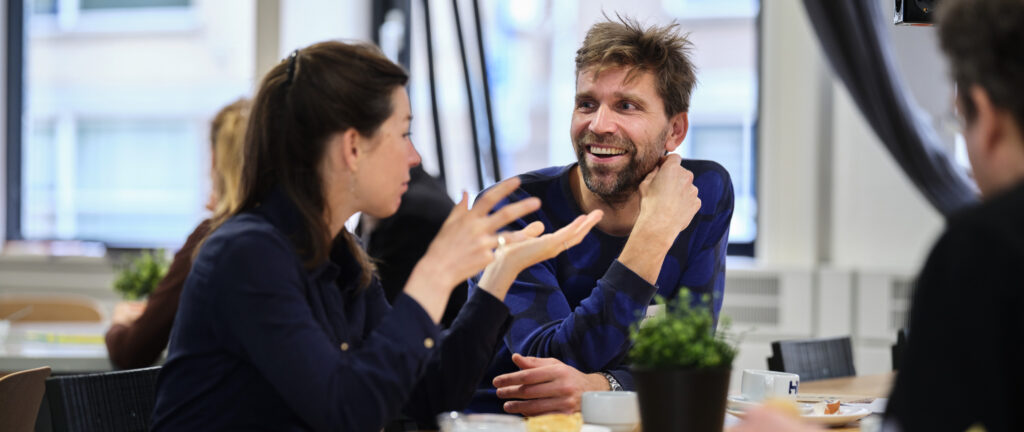Freedom and equality in education: desirable principles according to citizens and education professionals
- Start: May 2023 – April 2025
- Status: completed
The freedoms and responsibilities of schools in the Netherlands are laid down in Article 23 of the Constitution. What freedoms and responsibilities schools should have has been a subject of ongoing debate for decades. A relevant question for politics and society today is whether the 1917 constitutional article still reflects current views on good education and developments in society.
Description
Discussions about desirable freedoms and responsibilities of schools are often based on incidents. But do we actually know – apart from these incidents – how citizens in the Netherlands feel about the freedoms and responsibilities of schools? And what do those involved, such as parents, teachers, head teachers and administrators, think about the impact of Article 23 on our current educational landscape? The University of Humanistic Studies is launching a two-year study focusing on this question, co-funded by the associations for public education, VOS/ABB and VOO.
Anyone in the Netherlands is free to start a school. This freedom is enshrined in Article 23 of the Constitution. This allows parents to choose a school for their child that matches their beliefs. The government does set requirements for the quality of education and must also ensure that there is sufficient public education. The researchers would like to find out what citizens and stakeholders think about these legally enshrined freedoms and responsibilities. Do they believe that philosophical education, for example, is also a task for education? Should this take place in all schools and, if so, in what way? And are there differences between different groups of people in this regard?
In the study, the researchers explore the relationship between the characteristics of different groups of people and their views on the current and desirable freedoms and responsibilities of education. The research consists of a questionnaire survey and an in-depth study with interviews. UvH researcher Isolde de Groot explains: ‘We want to identify points of attention and perspectives that can contribute to social and political discussions. This will enable us to explore possible and desirable developments in policy and practice on the basis of empirical research.’
Researcher(s)
Isolde de Groot (project leader)
Partners
- VOS/ABB
- VOO
Results
Report (in Dutch): Vrijheid en gelijkheid in het onderwijs in Nederland: Wenselijke uitgangspunten volgens burgers
Contact
Isolde de Groot, i.degroot@uvh.nl.


